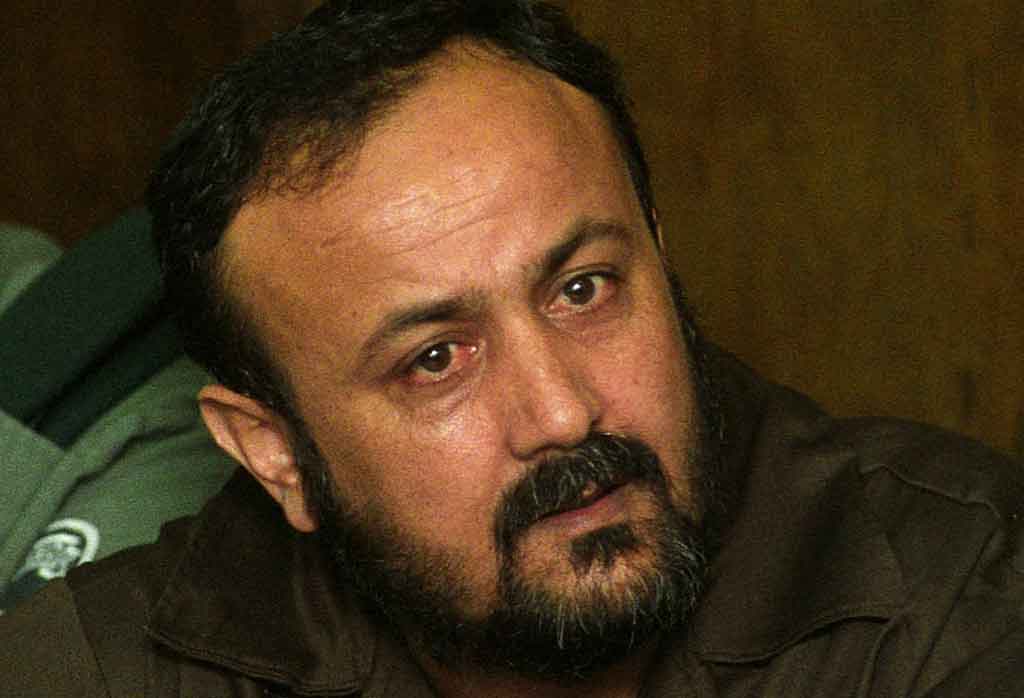Hamas and Israel Ceasefire Talks Hit Major Roadblocks
Recent attempts to establish a ceasefire and a prisoner exchange deal between Israel and Hamas have encountered significant challenges, leading to heightened tensions and stalled negotiations. Senior Hamas officials have publicly stated that the latest proposal, which was agreed upon on May 6, 'expresses the minimum' acceptable terms for the organization. According to the Saudi channel 'A-Shark,' Hamas claims to have made significant concessions in pursuit of an agreement that includes the total withdrawal of Israel from the Gaza Strip.
The Role of Mediators in the Ceasefire Confusion
Compounding the complexity, Egyptian intelligence services made unauthorized changes to the ceasefire proposal that Israel had initially approved. These modifications, intended to meet additional Hamas demands, effectively derailed the agreement. This move sparked frustration and backlash from U.S., Qatari, and Israeli officials, including CIA Director Bill Burns. The unauthorized alterations introduced by a senior Egyptian intelligence official, Ahmed Abdel Khalek, left mediators and involved parties questioning Egypt's motives.
Path Forward in the Stalled Negotiations
Despite these setbacks, efforts continue to salvage the ceasefire talks. Mediators are considering a new framework that includes an initial phase of releasing 33 Israeli hostages for at least six weeks, among other conditions. Both sides show some willingness to negotiate, albeit with core disputes remaining. The language around the cessation of hostilities has been particularly contentious, with Hamas demanding a 'sustainable peace' that does not give Israel veto rights over the release of certain Palestinian prisoners, a point of sharp disagreement.
In light of these developments, a renewed push by Qatar and other key players may be necessary to bring both parties back to the negotiating table. The complex interplay of diplomatic efforts underscores the critical need for clear communication and mutual concessions to achieve any lasting resolution in the region.
- The talks resume amid ongoing conflict and humanitarian crises affecting millions of Palestinians and Israelis. The need for a 'sustainable peace' extends beyond immediate ceasefire conditions to long-term stability in the region.
- Observers note that the role of mediators, particularly Egypt, Qatar, and the United States, is crucial in balancing the demands of both sides. Future negotiations will likely require a more coordinated approach to avoid past pitfalls.
- Analysts suggest that the international community's broader involvement, including pressure from more countries, could help maintain momentum in ceasefire negotiations.






